Arthan’s online conference on Making Technology Gender Inclusive
Arthan, a social enterprise, in collaboration with Breakthrough India recently organized a two-day online conference called Making Technology Gender Inclusive. The event was aimed at understanding how technology can be made gender friendly and more accessible for women and girls.
The insightful discussion brought together different stakeholders, funders, experts, NGOs and policy makers to look forward to solution-specific strategies through panel discussions and masterclasses. The multi-stakeholder colloquium also had representation from organizations such as Adivasi Lives Matter, Feminist Approach to Technology, Bill and Melinda Gates Foundation and BBC Media Action, amongst others.
Statistics indicate that the availability, access and usage of technology is highly gendered. In the current context, the entire digital interaction gets limited with a very small class of the society and excludes the most marginalized – including women and girls.
Speaking about this, Mahamaya Navlakha, Co-founder, Arthan, said, “In the days to come technology in various forms is going to affect and influence all spheres of our lives. Making use of technology for advancing gender equality and women’s empowerment is an integral component of SDGs. Goal 5 of the SDGs, which stands for Gender Equality, talks about ending all forms of discrimination against women and girls. One of the targets under this goal exclusively states - Enhance the use of enabling technology, in particular information and communications technology, to promote the empowerment of women. This forum was our attempt at discussing how to create a technologically inclusive society.”
The event began with an introduction and went on to cover diverse areas such as Reaching the Most Marginalised Women & Girls with Technology; Feminist Internet - An Alternative; etc. The event was concluded with an insightful roundtable in the form of a Stakeholders Consultation involving representatives from all organizations present.
Adding further, Gayatri Buragohain, from Feminist Approach to Technology, said, “Access to technology for females follows a very specific pattern. Poverty is a big factor. Lower-income families might not have smartphones, but even if they do, it will be with a male member. We provide women from marginalized communities opportunities, training, education and phones, which were not just used for them. The girls also used them to help others in their society to register for documents, access health and educational information and much more. We are helping build a woman as an individual who can bring wages/money back to the family.”
Amitabh Kumar, Social Media Matters, spoke about how ‘toxic masculinity’ has become almost inherent in the tech industry today and how the idea of safety comes in only when they grow concerningly large and have to be answered to the media, to the government etc. He talked about how ‘Safety by design’ needs to be the way to go forward because without that there is no way the digital space can be safe for women, girls and other non-binary genders. There is the need to come at this problem from an assertive position, rather than a sympathy or ‘token’ perspective of representation for women and other genders.
Subhalakshmi Nandi, Bill & Melinda Gates Foundation, spoke about the need to support programs that allow gender integration into the digital space. She made a valuable point about the need to integrate digital solutions with robust offline strategies, without which transformation may not be sustainable.
Sohini Bhattacharya, CEO & President, Breakthrough India, spoke about the inherent need of building a culture where all genders were treated with equity. She spoke about how patriarchal norms need to be countered in all spaces, online and offline in order to bring about any real change.
Arthan’s previous eight tracks on the Future of Fundraising, Future of Jobs, Future of Education, Women’s Leadership in the Development Sector, Tomorrow’s Liveable Cities, Building Inclusive Organisations, Investing for Good, Strategy and Data and Technology for Impact saw over 300 speakers, 3000 participants and 500,000+ views.
The Building Civil Society Organisations of the Future initiative aspires to co-create solutions, co-evolve out of the pandemic, and define the future of civil society organizations in India. Over the next sixteen months the program aspires to bring together experts, practitioners, and thought leaders across themes including but not limited to gender, climate change, strategy, governance and capacity building and thereby create an evolving universe bringing in 3,000 speakers and building the capacity of 10,000 CSOs across sectors.




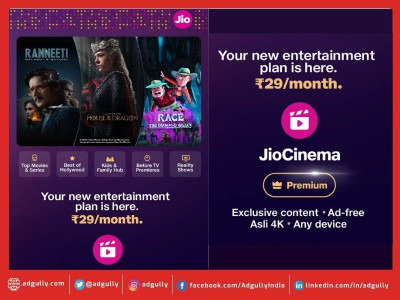
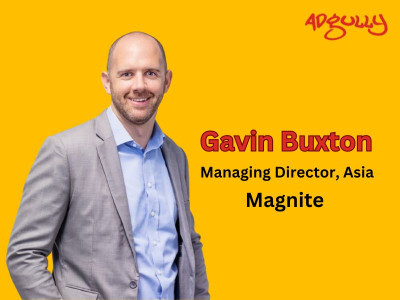
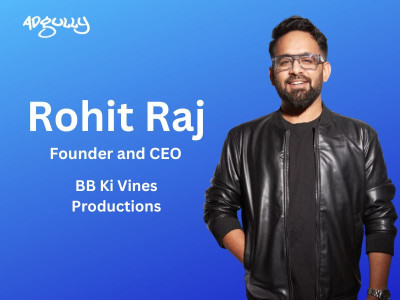
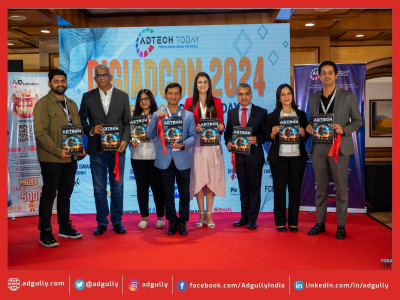

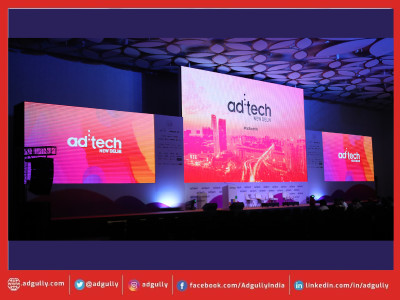

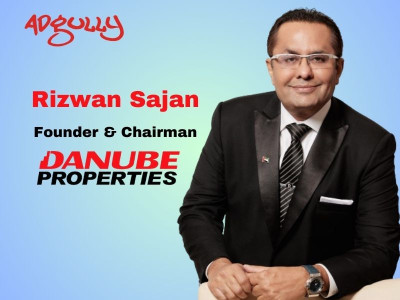
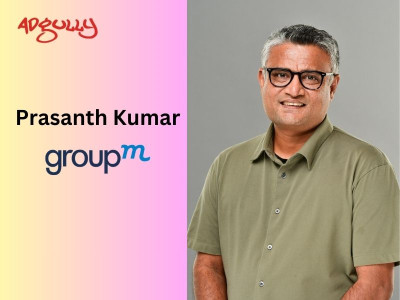

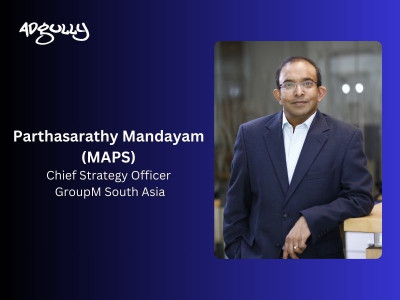
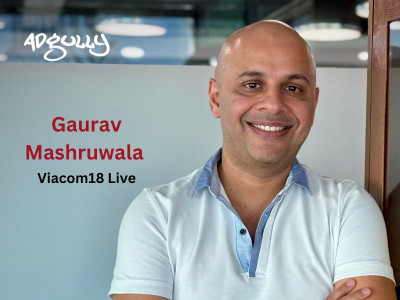


Share
Facebook
YouTube
Tweet
Twitter
LinkedIn